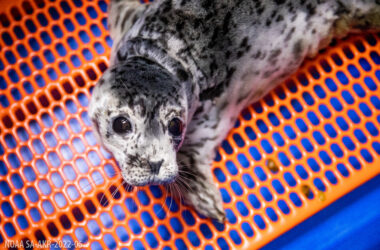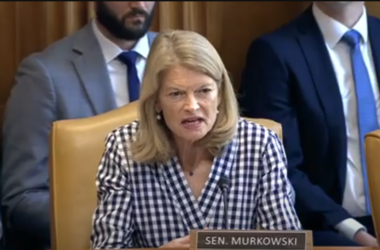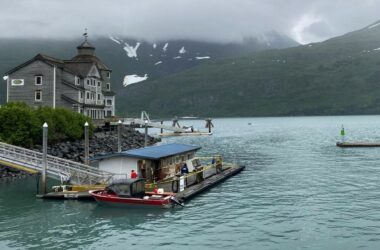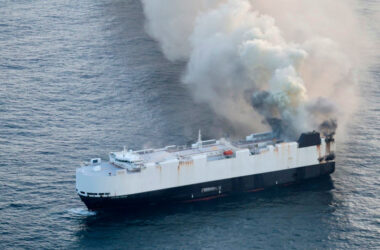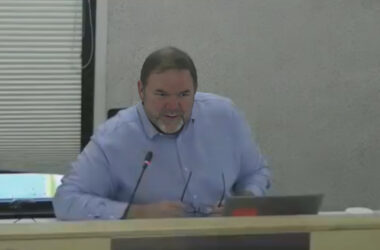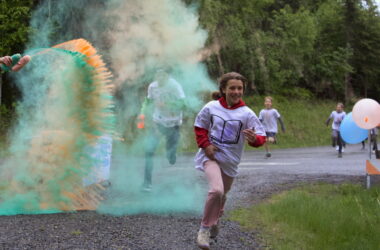A Southeast Alaska commercial fisherman was sentenced to 6 months in prison for falsifying fishing records in violation of the Lacey Act and illegally taking a sperm whale in violation of the Endangered Species Act.
According to court documents, between Oct. and Nov. 2020, Dugan Daniels, 55, of Coffman Cove, knowingly submitted false records about his commercial fishing activities to make it appear that he lawfully caught sablefish, aka “black cod,” in federal waters on two separate occasions.
An investigation revealed he harvested the fish illegally in State of Alaska waters, specifically in Chatham Strait and Clarence Strait.
The total market value of the illegally harvested fish was $127,528.
Court documents further explain in March 2020, Daniels and three crew members were fishing for sablefish southwest of Yakobi Island in the Gulf of Alaska when they came upon a sperm whale. During the encounter, Daniels knowingly tried to take the endangered sperm whale by having a crewman shoot the whale multiple times and by trying to ram the whale with his fishing vessel.
Daniels documented the encounter in writing and through text messages sent from a GPS communication device. Some of the messages stated he wished he “had a cannon to blow” the whale out of the water and that he hoped “to be reeling in a dead sperm whale.”
The National Oceanic and Atmospheric Administration (NOAA) does not know if Daniels succeeded in killing the whale, as no sperm whale carcass was reported in Southeast Alaska in 2020.
In June 2024, Daniels pleaded guilty to one count of Lacey Act violation for false labeling and one count of Endangered Species Act violation for an illegal take.
The Court called Daniels’ actions “deliberate” and emphasized Daniels’ 20 years of experience as a commercial fisherman and the importance of deterring others from similar conduct because of the threat it poses to the sustainability of Alaska’s marine resources.
At sentencing, the Court also ordered Daniels to pay a $25,000 fine and serve three years on supervised release, with a one-year commercial fishing ban while on supervised release and 80 hours of community work service as special release conditions.

